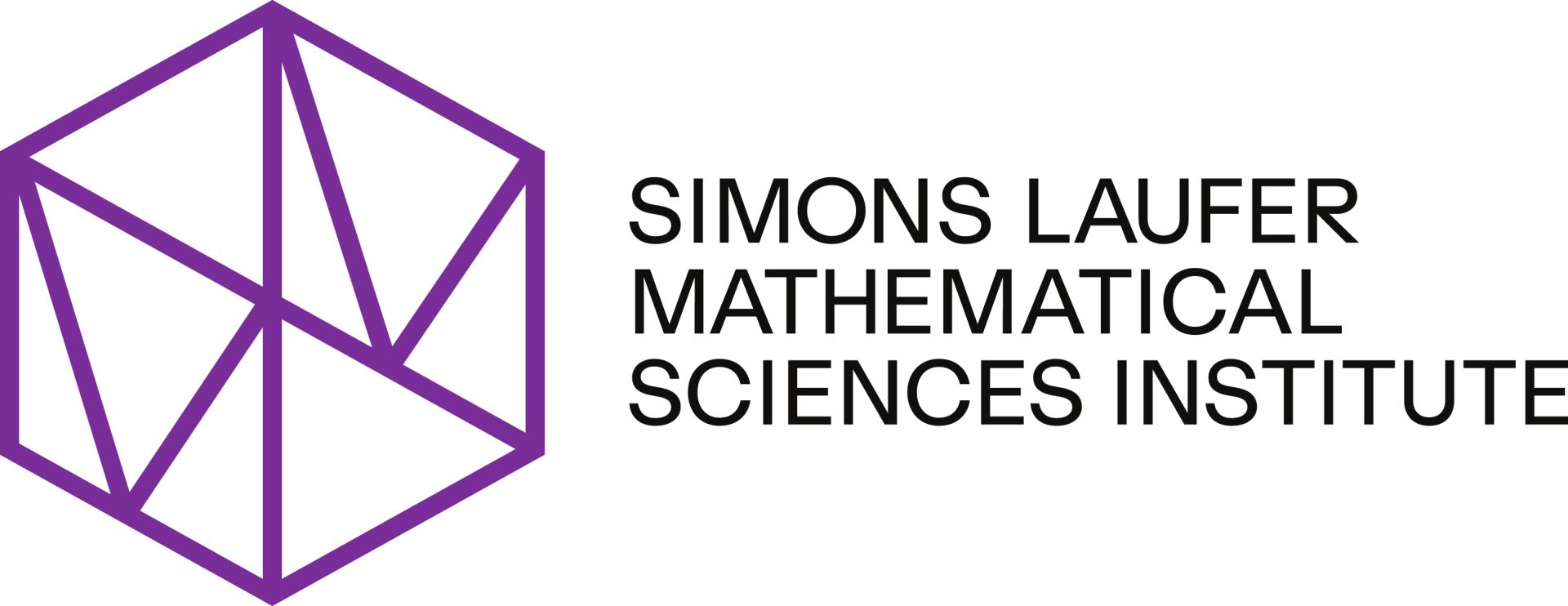Content
Eight members of the University of Nebraska–Lincoln Department of Mathematics will spend the Spring 2024 semester attending the program on commutative algebra at the Simons Laufer Mathematical Sciences Institute (SLMath, formerly known as MSRI) located in Berkeley, California.
Assistant Professors Eloísa Grifo and Jack Jeffries, Associate Professor Alexandra Seceleanu, and Professor Mark Walker will be in residence at SLMath as research members from mid-January to late April.
Three of their graduate students, Nawaj KC, Andrew Soto Levins, and Ryan Watson, will join them as program associates, and postdoctoral research associate Lauren Cranton Heller will attend as the Huneke Postdoc.
Throughout the semester, all eight will participate in seminars, colloquia, workshops, and informal research interactions that will take place during this vibrant time of mathematical activity. In addition, Seceleanu is slated to speak in the introductory workshop, and Grifo will speak in the connections workshop, both of which are held in January and are open to the wider mathematical community.

MSRI is now the Simons Laufer Mathematical Sciences Institute (SLMath)
This program is one of the premiere events in commutative algebra this decade. Commutative algebra has witnessed a number of developments in recent years, including the resolution of long-standing problems such as the solution of Hochster’s direct summand conjecture in mixed characteristic that employs the theory of perfectoid spaces, a new approach to the Buchsbaum–Eisenbud–Horrocks conjecture on the Betti numbers of modules of finite length, and recent progress on the study of Castelnuovo–Mumford regularity.
Of the 36 faculty participating in SLMath from around the world, four are from Nebraska mathematics, more than any other single mathematics department. Only eight postdocs were invited to attend, and Cranton Heller garnered one of four named postdoctoral positions at this event. In addition, only 12 graduate students were invited to attend, so the department’s contingent represents one-quarter of the total.